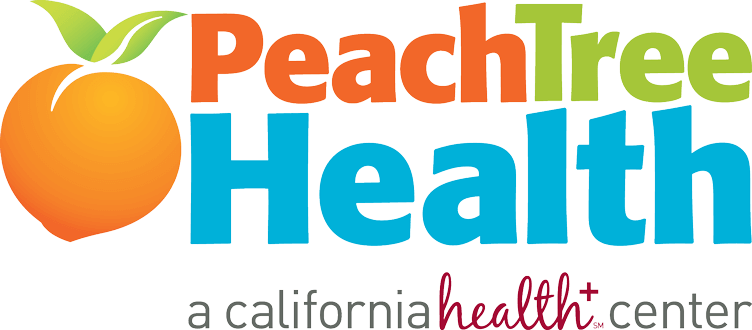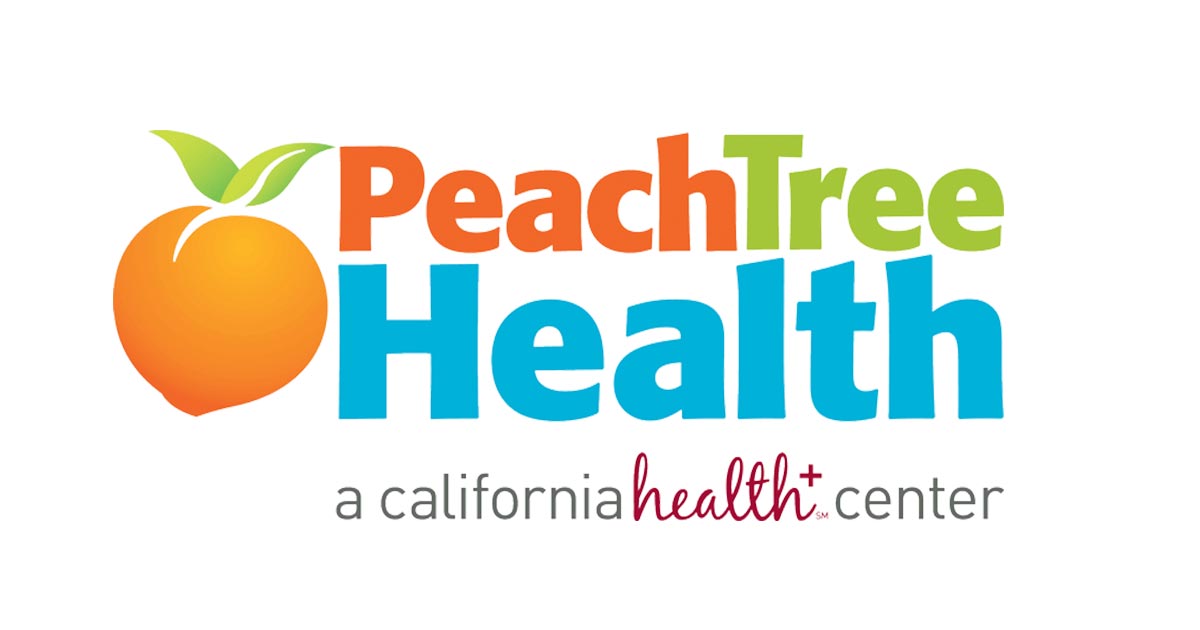The Painful Side Effects of “America First” H-1B Visa Reform
Those of us in healthcare understand there are times when the unanticipated and undesirable effect of a treatment plan can be more harmful to the patient than the adverse symptoms of the primary condition we are attempting to treat. In such cases, a clinician may discontinue that harmful medication or change the therapy plan to reduce the painful side effects. The Trump administration has recently started its patient (we will call her “America” to protect patient privacy) on a sudden and widespread reduction in lifesaving medication (highly-specialized, professional non-immigrant workers) in an effort to cure a diagnosis of “Buy American and Hire American”.
The target cancer in this diagnosis seems to reside primarily in Silicon Valley. This is where the H-1B visa program is routinely used (and abused) to recruit graduate level workers in IT, engineering, mathematics and science to feed the voracious hiring appetite at Google, Facebook, Apple and the like. The President would like to see U.S. citizens in these jobs, so he has written a prescription for immediate visa restrictions, visa policy review and better enforcement of current work visa regulations. It seems the treatment plan is working to slow the growth of the Silicon Valley visa tumor, but unfortunately, there are many healthy visa issues in nearby areas left badly injured by this prescription. Namely, H-1B visa physician candidates.
According to many different comprehensive healthcare market studies, our patient is likely to suffer from a physician shortfall of 90,000 doctors within the next 10 years. Each year the supply of domestic physician graduates outpaces the demand by many thousands of candidates. Rural America has been suffering in silence for over a decade due to a chronic deficiency in primary care and specialty care physicians. The only medication keeping us alive is a slow drip of non-immigrant physicians completing residency and licensure in the United States and working under the H-1B visa program. If the H-1B visa medication is removed from our formulary, I fear our patient (and her millions of friends in rural America) will suffer unnecessarily for at least an entire generation.
Peach Tree currently sponsors several H-1B visa physician employees and has helped many more graduates through the green card program into full citizenship. As a group, these physicians have been some of the brightest, highly dedicated and culturally competent providers in our company. Most are still working at Peach and contributing to our rural community in very meaningful ways. Current visa restrictions are adversely impacting an entire physician graduation cohort this year as they struggle to fill rural America’s countless physician vacancies after completing their medical residencies. The very real thought of sending these lifesaving physicians back to their native countries because we can’t resolve our work visa program problems is unconscionable.
A prudent healthcare provider would adjust the treatment plan when faced with such harmful side effects. Perhaps a more targeted medication or a slow-releasing therapy would decrease the peripheral damage and give the time needed to focus interventions at the real problem area? If we don’t change treatments quickly, the best and brightest of the world’s clinicians will stop coming to America’s medical schools and we may experience a rural necrosis of care like never before.

